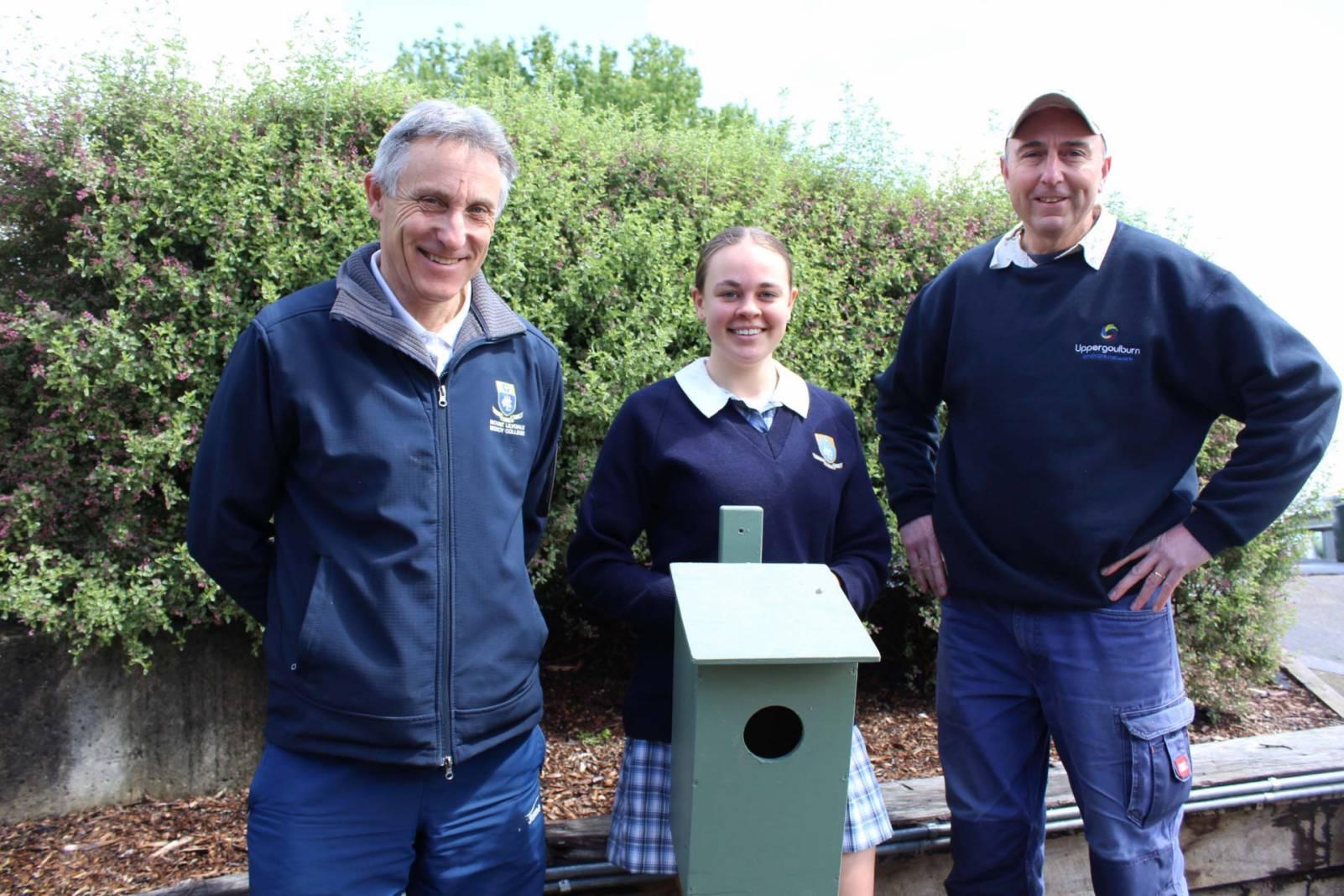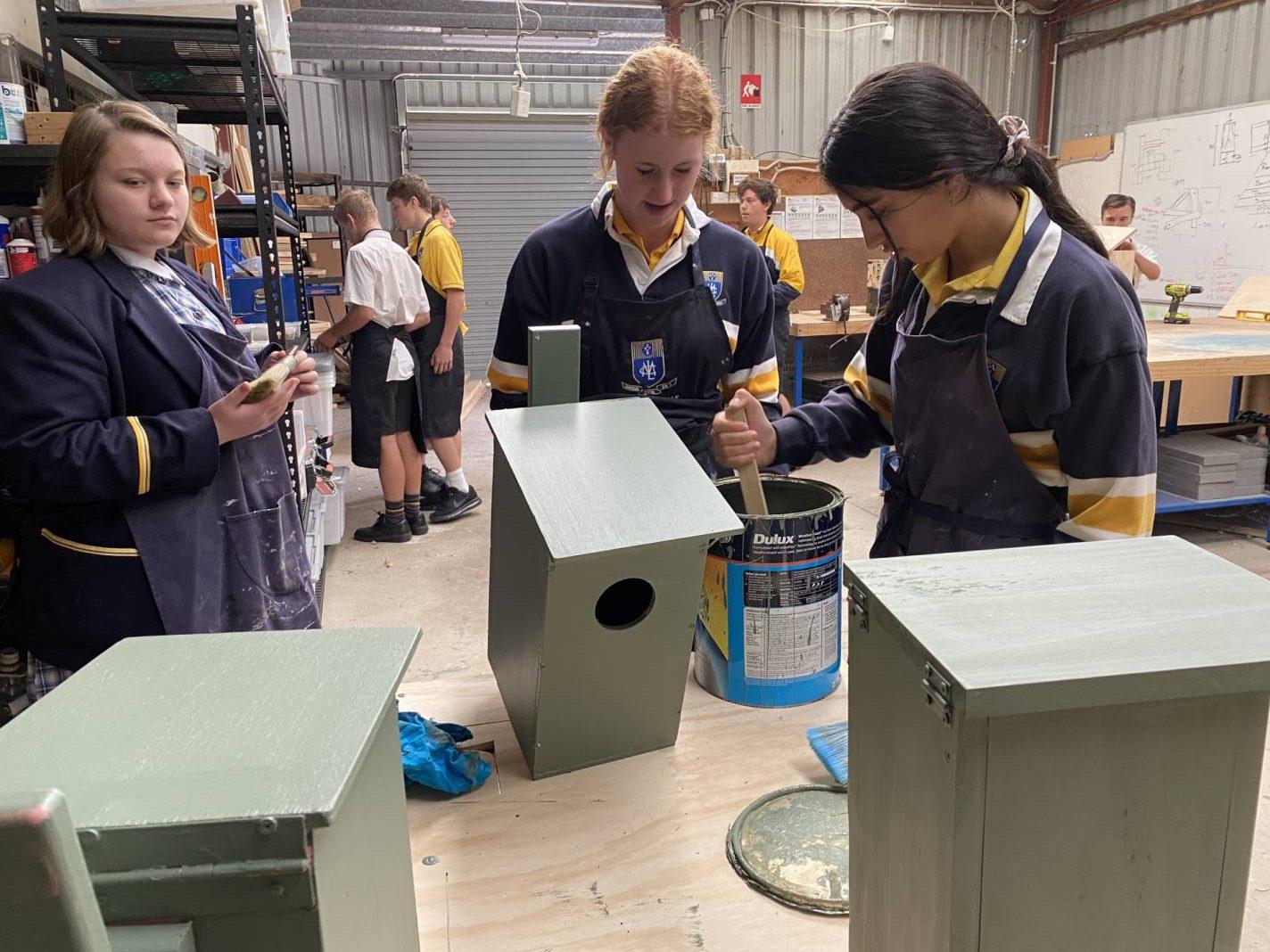Ongoing discussions regarding impacts of the climate crisis can leave one feeling it’s all too much. MLMC, on a positive note, has invested extensively in its new and updated facilities and beautiful grounds. This has been undertaken with a heightened awareness to ensure that sustainability is the cornerstone of all that is being done. The College is close to becoming a five-star school through its involvement with Sustainability Victoria's ResourceSmart Schools program. This program has core modules that address how reductions in energy use have been made, along with a reduction in water consumption and reducing our waste stream to landfill.
The general biodiversity of the College grounds has also been improved through hundreds of trees and shrubs being planted with the assistance of numerous staff and student groups. A recent bird count highlighted that the grounds are providing increased habitat for birdlife and insects.
Solar panels, water savings via recycled water tanks and improved light fittings has seen the reduced consumption of water and lower water and electricity bills.
The efforts of teacher Mr Paul Morgan (pictured working with students laying mulch and setting up tree guards to protect recent plantings), Mr Andrew Comerford from the Maintenance and Grounds team, Assistant Business Manager Mrs Cathy Pote and the Sustainability team have been rewarded. We have received news that the College has received grant funding from Melbourne Water and the Yarra Ranges council to continue the vital waterways revegetation work the College has commenced (pictured below). These projects require ongoing support, both financial and through the efforts of many. The College community is blessed and is to be congratulated for its hard work in providing such an attractive setting for all to enjoy.
Throughout the year our Year 11 VCAL and Year 9 Compass students have constructed 22 nesting boxes which were last week handed over to Upper Goulburn Landcare Network coordinator Chris Coburn (pictured below with our students).
The boxes provide artificial nesting sites for wildlife in areas where natural hollow bearing trees are lacking and are designed for small marsupials like sugar gliders, brush-tailed phascogales, and antechinus. Some of the boxes were also constructed during Sustainability Week. The College is committed to continuing this community project and is always looking for eager participants to assist with the construction of the nesting boxes.

Sustainability Leader Mr Andrew Feher, student Sophie Morris and Chris Coburn from the Upper Goulburn Landcare Network.




